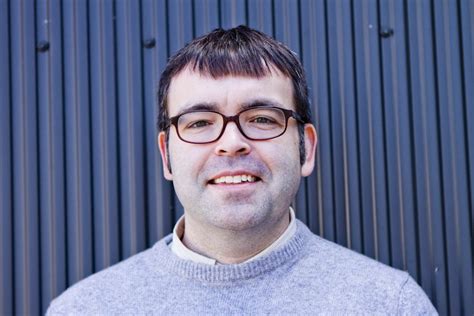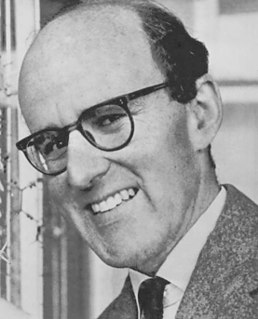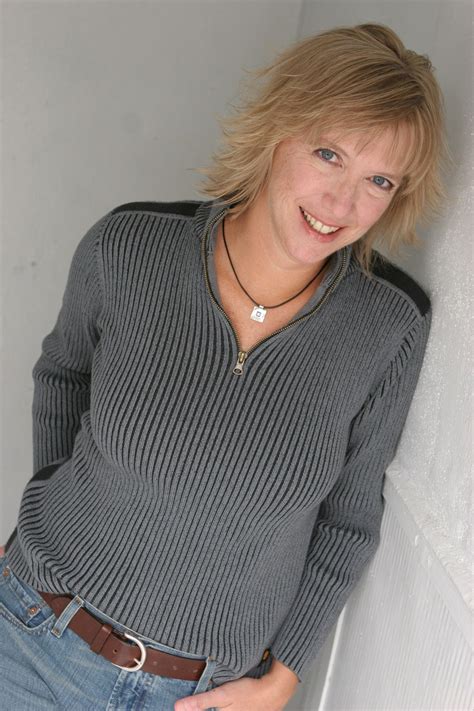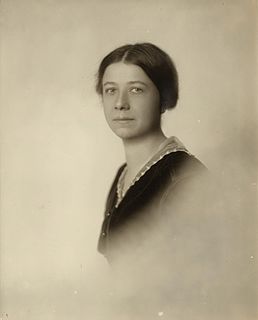A Quote by Stephen Ambrose
My favorite book is the last one printed, which is always better than those that were published earlier.
Related Quotes
A book , once it is printed and published, becomes individual. It is by its publication as decisively severed from its author as in parturition a child is cut off from its parent. The book "means" thereafter, perforce, both grammatically and actually, whatever meaning this or that reader gets out of it.
Some day, as soon as a book is printed it will be simultaneously put into digital form. That will be a wonderful research tool, but it will never substitute for holding the book. I feel certain that at least within my lifetime, everyone will still be going to the bookstore and buying printed books. Thank God I'll die before I have to worry about whether the printed book itself will disappear. That's something I don't want to live to see.
If you take a book with you on a journey," Mo had said when he put the first one in her box, "an odd thing happens: The book begins collecting your memories. And forever after you have only to open that book to be back where you first read it. It will all come into your mind with the very first words: the sights you saw in that place, what it smelled like, the ice cream you ate while you were reading it... yes, books are like flypaper—memories cling to the printed page better than anything else.
I feel that I'm an essayist and that my best work gets done in that form. I wanted to do a book where the essays could exist on their own terms. A book that was neither a book of essays that were shoehorned into a memoir, nor [one where] the essays had been published elsewhere first, [because] then they would kind of bear the marks of those publications.








































